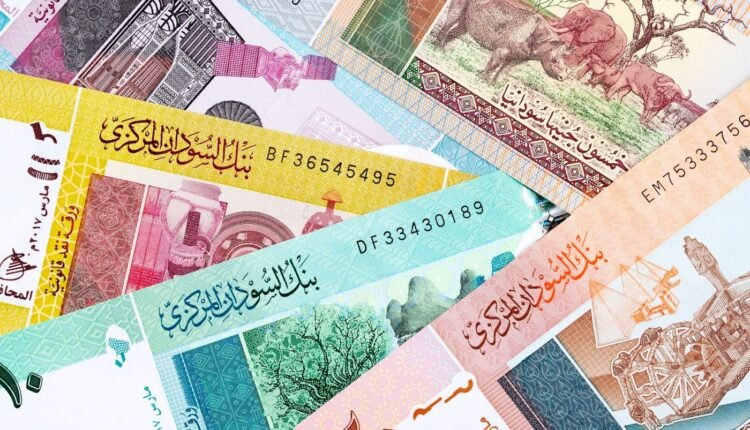Considering the Continuous Deterioration of the Sudanese Pound Against Foreign Currencies: How do ordinary Sudanese live in Egypt?

Sudanhorizon – Nazik Shamam
The continuous deterioration in the value of the national currency (the Sudanese pound) against foreign currencies, especially the dollar, has shocked the Sudanese residents and refugees in Egypt. It has greatly affected their ability to purchase and meet the minimum requirements for their living, especially Sudanese families who are still working in Sudan and transferring fixed amounts for their family’s daily expenses to Egypt.
According to government statistics, the number of Sudanese living in Egypt has reached about 5 million. Most of them have been living for years, and nearly half a million arrived after the outbreak of war in April 2023. Some of them registered with the United Nations High Commissioner for Refugees (UNHCR), while others did not.
The UNHCR said that it receives about 3,000 asylum requests daily, which has increased the number of Sudanese registered with the UNHCR fivefold to 300,000 today. This number represents 52 % of the total number of refugees registered in Egypt with the UNHCR last April.
“The demand for registration to continue increasing in the coming months due to the turbulent situation in Sudan, with no immediate prospects for sustainable peace on the horizon,” expects the UNHCR while estimating the number of Sudanese waiting to register at about another 250,000 people.
According to the parallel currency market in Sudan (Wednesday), the selling price of the dollar reached 2,600 SDG, while the value of the Egyptian pound rose to 54 SDG.
Iman Ibrahim, a Sudanese citizen who lives in the Faisal area in Giza Governorate, says, “We are now in real trouble due to the deterioration of the Sudanese pound vs. the Egyptian one, which is weakening our ability to purchase.”
Speaking to the editor of the “Al-Muhaqqiq” news website and “Sudan Horizon,” she added, “After the war escalated, we chose refuge in Egypt based on our modest financial capabilities, which merely enabled us to live there.” She continued, “Now the economic situation has become extremely difficult and complicated, as the transfers that come from Sudan are not enough to meet the basic needs.”
Yasser Ibrahim, a Sudanese owner of a bakery in a suburb of Cairo, confirmed that they were affected by the decline in the value of the Sudanese pound against other currencies, despite the fact that he owns a project that generates some revenues.
Yasser told the editor: “In the beginning, I relied on some financial assistance from relatives in the diaspora that came to us, but then I started a project to produce Sudanese bread for self-reliance.”
Yasser noted that his project’s profits are small compared to its expenses, which points to the high rental prices.
Another Sudanese citizen, Fawzia Ali Osman, complained about the rise in living prices in Egypt, which coincided with the decline in the value of the Sudanese pound against the Egyptian pound. She noted in her interview with the editor of “Sudan Horizon” that when the war began fifteen months ago, the Egyptian pound was equal to 13 SDG. Now it has exceeded fifty pounds, indicating that it was possible when we first came to get five thousand Egyptian pounds for 100,000 SDG, while now you need 263,000 SDG to get the same amount.
She pointed out the difficult living conditions experienced by Sudanese living in Egypt due to the high apartment rents and goods prices.
Last May, the Sudanese Minister of Finance and Economic Planning, Dr. Gabriel Ibrahim, said that it is normal for the price of the Sudanese pound to collapse against the dollar because whenever there is war, the demand for the dollar rises because there are no revenues, he explained: “as long as there is a high demand for the dollar, whether it is importing necessary goods or war inputs, it is very natural that the national currency erodes. This happened to all people who faced wars and such a problem despite the financial measures that had to be taken.”
The Director of the Regional Office for Arab States of the UNDP, Abdallah Al-Dirderi, said last April that Sudan lost 25% of its GDP within one year of the war.
Al-Dirderi pointed out at the time: “Countries do not lose 25% of their GDP in just one year unless the situation is ruinous.
Shortlink: https://sudanhorizon.com/?p=373

